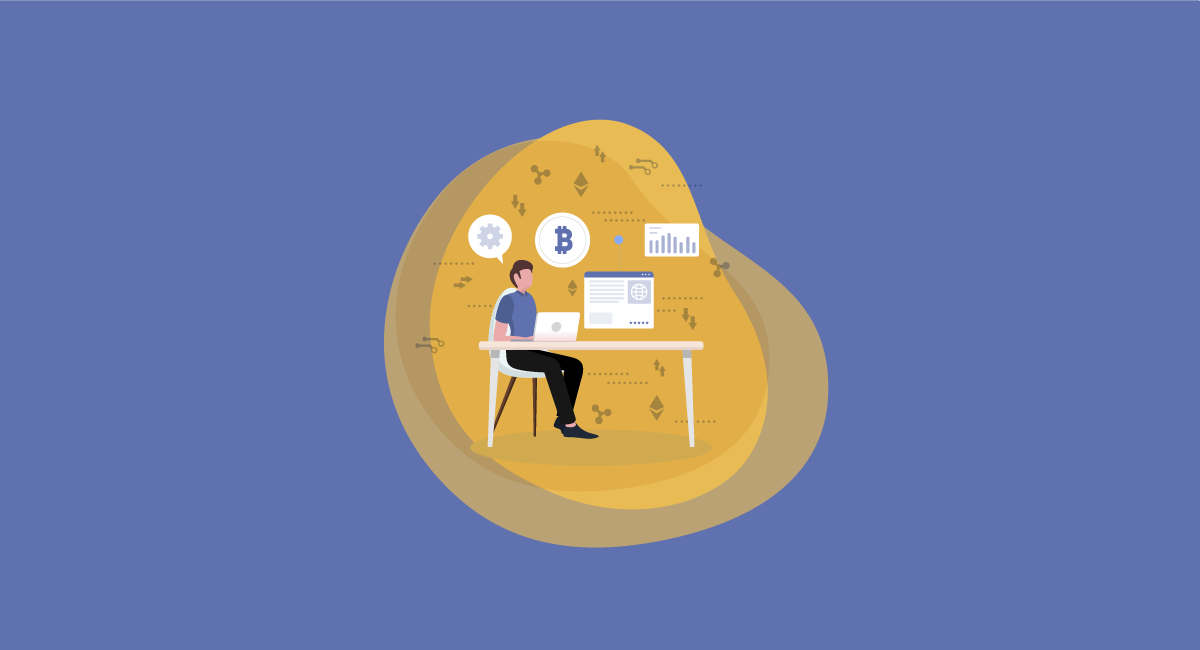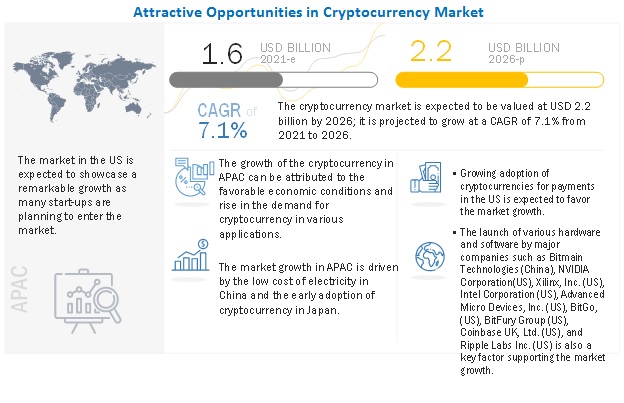6 Must-Have Blockchain developer skills to success in 2023

It’s clear from a fast search on job search websites like LinkedIn and AngelList that the blockchain industry is currently one of the highest paying in the labor market. Blockchain is frequently referred to as the “Technology of the Future” and is one of the IT industry’s most popular buzzwords. It is also possibly the most transformative technology in the last ten years.
Blockchain has gained attention in the computer industry as a result of its popularity, users’ enthusiasm to join a “decentralized” web, and the market potential the technology unlocks for organizations who adopt it early.
So much so that just in the last few years, a huge number of profitable Blockchain businesses have popped up all over the world, and well-established, multi-billion dollar enterprises (like IBM, JP Morgan, VISA, Walmart, etc.) are eager to get on board, now have specific Blockchain departments.
As a result, there is an enormous increase in demand to hire Blockchain developers to be served myriad requirements. One of the main reasons folks in the tech industry are fast modifying their skill set to embrace blockchain development is that a high-demand, high-skilled job inevitably implies a high-paying salary.
We’ll attempt to gain a basic understanding of must-have blockchain developers skills through this post and information on how to become a blockchain developer. So let’s get started.
Essential Skills Required for a Blockchain Developer

According to Bloomberg, the number of job ads on LinkedIn for blockchain-related positions quadrupled in 2017. This guide is for you if you’re new to blockchain and want to know how to develop the abilities and behaviors required to become a successful blockchain talent.
The blockchain sector is predicted to be valued at $137.59 billion by 2030, increasing at a spectacular rate from a purely professional standpoint. On just one job platform, the number of blockchain-related jobs increased by 118% in the ten months from September 2020 to July 2021. The number reflects that the demand for a blockchain developer is higher, and businesses will continue to invest in these solutions as it powers future generations.
Now you must be wondering which skills are required for a blockchain developer one should possess to work in this industry. So let’s have a look.
Smart Contracts
Due to the introduction of Ethereum 2.0, these will experience widespread acceptance in 2019. Furthermore, each Blockchain aims to incorporate smart contract elements into its system for seamless application of business logic throughout the layers, which is especially helpful for newly minted professionals. As a result, developers interested in a career in blockchain development should be familiar with smart contracts and their value to the industry. In addition, you are suggested to master specialized network-specific languages like Solidity, Chaincode, Viper, etc.
Solidity
The second-most crucial language and competency for Blockchain developers is Solidity. If they are working on dApps, a variety of developers and engineers should concentrate on it. You may find programmers online to hire who are using these programming languages. When creating and implementing smart contracts. Ethereum, which utilizes the Ethereum Virtual Machine (EVM), is the most popular.
Solidity contributes to the development of Blockchain technology by offering advantages like:
- JavaScript is simple to utilize for developers thanks to access to its infrastructure and other tools.
- Static typing
- Features in smart contracts that could account for inheritance
- Accuracy and precision
- diverse return types
Blockchain Architecture
A blockchain developer should thoroughly understand the technology’s design and operation. In addition, they should be familiar with terms like consensus, distributed ledger technology, and cryptographic hash functions. The bitcoin blockchain whitepaper is the best resource for learning about blockchain technology, but reading it from cover to cover can be time-consuming. Guidance always speeds up the learning process.
Some Components of Blockchain Architecture
- Node- It is a user of blockchain architecture
- Block- This stands for data structure
- Chain- A series of blocks in a previous order
- Miners- A specific Node involves in the block verifying process
Cryptography
Cryptography is essential to the operation of cryptocurrencies, making it one of the fundamental qualifications for employment as a blockchain developer. This is because it uses the encryption process to convert data into code as a method of internet security.
Public-key algorithms and hash functions are the two cryptographic algorithms used by blockchain. The former offers a single view of the blockchain to all users, while the latter facilitates the creation of digital signatures.
Because of this, having strong math blockchain developer skills and the ability to think abstractly is advantageous. That would make it simpler for you to comprehend block cyphers, encryption, and how to use blockchain in commerce. Discuss your familiarity with algebra, statistics, calculus, and data analysis.
Web Development
The majority of your time as a blockchain developer will be spent on web applications. Learning web design, development, and app programming will be necessary for you to create better DApps. Web development is essential since most firms demand that blockchain developers produce applications usable by those with little or little prior understanding of blockchain.
Interoperability Skills
Interoperability is the ability to see and gather data from various blockchain systems. For instance, can someone transfer data to another blockchain and expect the recipient to read, comprehend, and respond easily? Sadly, this is currently not possible because data cannot be exchanged between the blockchains of Bitcoin and Ethereum.
Improving data capacity transfers is one of the simplest approaches to creating interoperability between blockchains. Application programming interfaces (APIs), which are designed to allow for the flow of information across different systems, are used to do this. The use of APIs is a common tool that typically doesn’t require special blockchain programming knowledge.
Knowledge of Programming Languages
A blockchain developer needs to be proficient in at least one of these languages.
In general, the typical blockchain developer has a solid understanding of the most popular programming languages and frameworks, such as C, C++, Solidity, Golang, HTML/CSS/JavaScript, Python, Node JS, Angular, Typescript, PHP, ionic/React Native, Solidity, Golang, Linux, Windows, git, web servers, cryptography, hashing, peer-to-peer networking, databases, etc.
When developing blockchain applications, many other languages are frequently required. In addition, these languages must be learned to qualify for blockchain development jobs. Therefore, a person with some experience with these languages- whether professionally or academically, is likely to have some exposure to them.
Final Words
To sum up, it is obvious that the average blockchain developer’s income is not the only benefit of a job in blockchain development. You can also see how many different abilities are needed to become a blockchain developer simultaneously.
You may develop a strong foundation for understanding all Blockchain concepts and best practices using the abovementioned blockchain developers’ skills. Learning all of the aforementioned skills should be your initial move if you’re wondering how to become a blockchain developer. You can enroll in any institute or even take online courses to obtain proper course certification.



